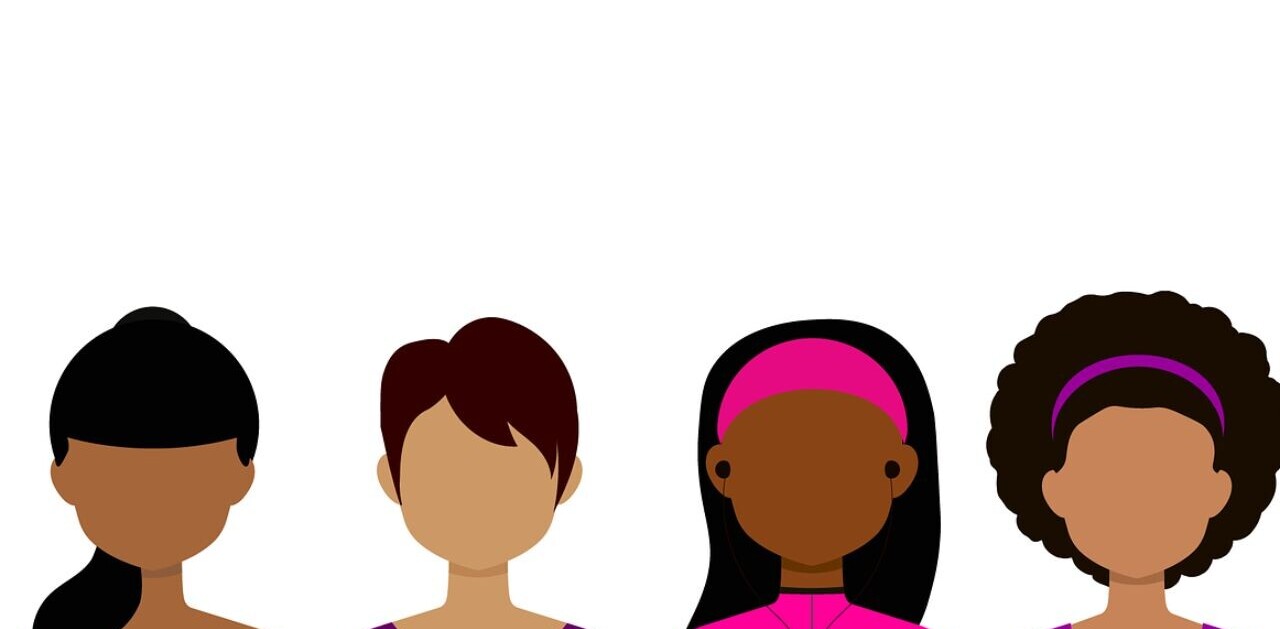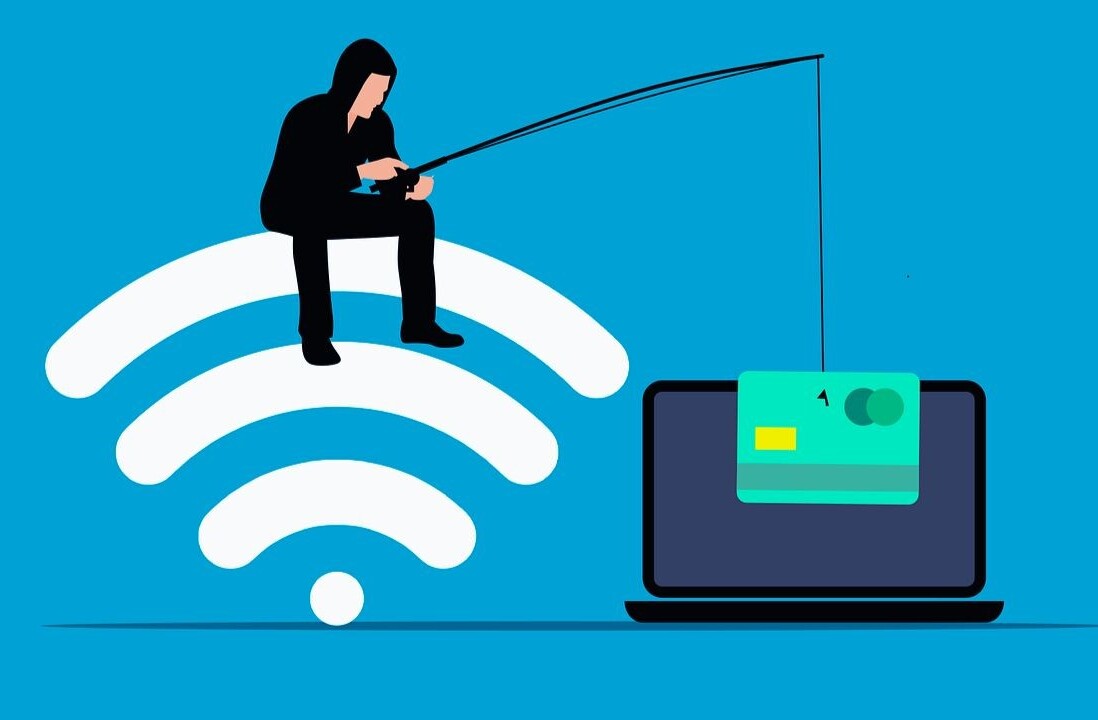
TNW Answers is a live Q&A platform where we invite interesting people in tech who are much smarter than us to answer questions from TNW readers and editors for an hour.
On average, people spend four hours on their phone every day, we’re addicted to our phones, but it’s not all our fault. Apps are designed to manipulate our brain chemistry to make us stay on their platform for as long as possible because that’s what benefits their bottom line. Everything you see in an app is a result of a human decision and is carefully designed to keep you hooked for hours on end.
While it may not be entirely our fault, Catherine Price, the author of ‘How to Break up with Your Phone,’ recently hosted a TNW Answers session and provided some actionable advice on how to create a healthier relationship with your phone.
[Read: Google wants to reduce your screen time with… an envelope?]
So, how can I break up with my phone?
Price suggests signing up for the free 7-day phone breakup challenge on Screen Life Balance. This is the introduction to a longer program outlined in ‘How to Break up with Your Phone,’ which gives you daily assignments designed to jump start a new relationship including switching your phone to black and white.
“For the time being, one thing you can do right now is identify a few things that you WANT to be spending time on but supposedly never have time for, such as reading, exercising, meditating, etc. Then, identify a few ways in which your phone habits are standing in the way. Your goal isn’t to spend less time on your phone; it’s to spend more time on your LIFE. This shift in thinking can be a powerful motivator for change.”
Most unhealthy phone habits are fueled by FOMO and mindless scrolling on addictive sites like Instagram and Facebook — you may even notice a pattern in your own habits where you put down your phone and pick it up again, for no reason, minutes later.
To break this habit, Price suggests incorporating a ‘speed bump,’ a small obstacle that snaps you out of autopilot and makes you realize that you’ve just reached for your phone. “You could simply put a rubber band or hair tie around your phone to start. Then, when you reach for your phone on autopilot you’ll have a quick moment of wondering why there’s a band around your phone — that’s the moment when you can ask yourself what you picked up your phone to… and what else you could do instead.”
Screen time is a flawed metric to measure phone addiction
Ever since the first picture was uploaded to Instagram, scientists have been researching the consequences of living our lives through a smartphone. In recent years, it’s been argued that excessive screen time among young people can have numerous negative effects such as depression and anxiety.
But among all the research comes inconsistent results, or even contradictory findings. In an op-ed published in the ‘Nature’ journal last week, it was argued that screen time is too vague of a metric to truly understand human behavior.
“I think that screen time can be a good starting place, but I don’t love it because it lumps all time in together, and makes it seem as if any use of your phone is bad. But that’s not true — our phones are amazing tools.
Also, it doesn’t take into account how your phone time fits into your overall screen time. For example, if I were to spend 20 minutes on my phone one day, it might seem great on Screen Time — but what if I spent 13 hours on my laptop that day? Is that a healthy day? And the opposite would also be true: if I spent 5 hours on my phone, that might seem bad, but it could mean that I didn’t spend any time at all in front of my computer.”
As far as time trackers go, Price recommends ‘Moment,’ an app that allows you to exclude particular apps so you can focus on monitoring the apps that you are actually concerned about and not worry about the rest. For example, you’re probably not concerned about the amount of time you spend using Lyft or Google Maps.
It’s worth noting that breaking up with your phone doesn’t mean completing removing it from your life, it’s about learning new habits to create a healthier relationship, and providing you more time to spend less time scrolling and more time IRL.
You can read Prices’ entire TNW Answers session here.
Get the TNW newsletter
Get the most important tech news in your inbox each week.




